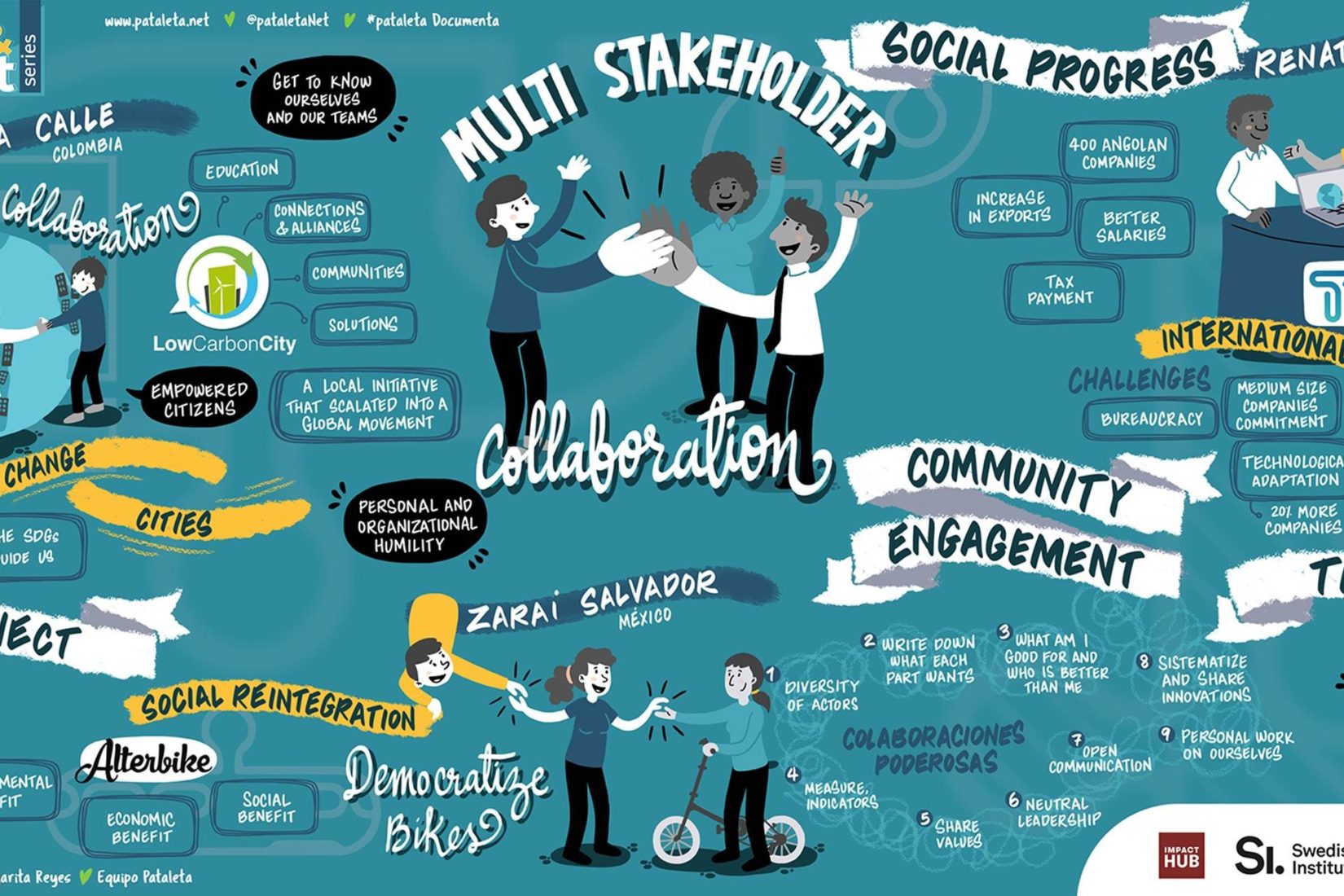In 2019, a survey was conducted by The Swedish Institute in which respondents from Mexico, Colombia, Brazil and Sweden answered questions about their everyday life and the local environment. A majority of the respondents stated that safety is the main problem area and that they experience great insecurity in public transport.
Based on this study, the Urban Challenges – Making public transport safe for all project was created.
The overall goal is to strengthen social development and increase respect for democracy and human rights as part of the implementation of Agenda 2030 through collaboration. The focus is to increase the understanding of common challenges in this area, in Sweden and in partner countries. The project is an exchange where Swedish competencies meet the competencies of other countries. This is done through “quadruple helix” where experts from the public sector, academia, non-profit organizations and industry work for two years to find solutions to real problems for increased security in the four countries.
The initiative started in the autumn of 2019 with a workshop in Medellín, Colombia, to which about 50 experts from the four countries were invited. During the workshop, six case owners (companies and government organizations) presented concrete problems linked to safety in public transport that they had a mandate to solve. The invited experts were then formed into groups that will work together for two years to find solutions to the problems.
Through the organization Impact Hub, SI continues to work with the six projects that came out of the workshop in order to be able to present a handbook and report at the end of 2021 on how issues of safety in society can be resolved through multi stakeholder collaboration.
The six projects and their planned solutions are:
Abuse and sexual harassment at specific bus stations in Bogotá. A digital education for busdrivers on the topic and how to prevent and handle upcoming harassment situations is planned.
Vandalism on buses in Barranquilla creates unsafe environments for travelers. A call for solution to invite and activate the civil society in dialogue-based projects is ongoing.
A chaotic transit station in the city of Naucalpan de Juárez, in the state of Mexico, leads to a slow flow of travelers and increased crime levels. A four-step plan is being implemented including public space improvements in the surroundings of the station, provision of financial incentives for busoperators and passengers to use the station, enforcement and encouragement of desired behaviors, and formalization of public space and informal vendors.
Many travelers are robbed at the bus stops along a bus line in the city of Fortaleza, Brazil.
An upgrading of the stops with, among other things, cameras and fixed direct lines to a helpline is in progress.
Inadequate walkways and unsatisfactory infrastructure in the city of Brasilia create an unsafe environment that prevents women from walking and using public transport. By enabling social and democratic participation through cooperation between government agencies, civil society and universities subsidies for the recovery of women’s autonomy, security and independence as pedestrians in their territory will be generated.
Open drug trade in and around the commuter train traffic in Stockholm creates an unsafe environment for travelers. A workshop series with organisations connected to the relevant train station as well as “safety walks” have been initiated.
During 2021 all participants of the project will be offered a design thinking course and inspirational seminars to make sure that the cocreation continues.
Urban Challenges – Making public transport safe for all ends in December 2021.
The project is run within the framework of SI’s activities with Agenda 2030 and focuses on Objective 11.2. The project also aims to create inclusive and multilateral collaborations in accordance with the Ministry of Foreign Affairs’ action plan for Latin America.
